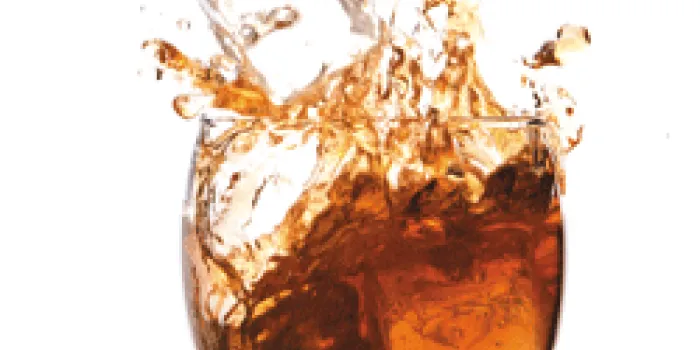In its 2014 World Cancer Report, the World Health Organization (WHO) concluded that there is no safe level of alcohol consumption when it comes to cancer. Even light drinking was found to increase the risk of cancers of the mouth, pharynx, esophagus and, in women, the breast.
WHO cited alcohol as a known carcinogen (cancer-causing agent) as early as 1988. Booze contains a long list of carcinogens, including arsenic, benzene, formaldehyde and lead. But ethanol is the most important carcinogen, the agency said. And acetaldehyde, a component of liquor and a breakdown product as well, is toxic to the mouth and throat, where it causes abnormal, rapid cell growth. This can lead to the development of tumors and cancer. Alcohol also increases estrogen levels, which stimulates proliferation of mammary cells in women’s breasts, leading to tumors and cancer.
The combination of heavy drinking and smoking is double trouble, causing oral and laryngeal cancers. WHO estimates that up to 80% of oral cancers and 90% of laryngeal cancers could be prevented if people abstained from smoking and drinking.
To lower your risk of alcohol-induced cancers, WHO advises:
• Undergoing alcohol screening; discussing your drinking with your healthcare provider
• Limiting your daily intake to 1.5 drinks for men and one drink for women
• Taking a day or two off to let your liver recover
Source: Medscape.org

